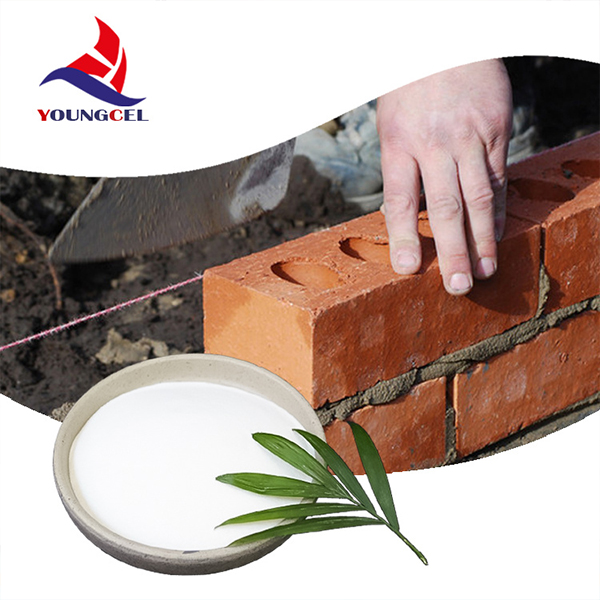The Role of Industrial Thickeners in Modern Manufacturing
In the realm of manufacturing and production, the role of industrial thickeners cannot be overstated. These substances, which are used to increase the viscosity of liquids, are essential in various industries such as paints, coatings, food production, pharmaceuticals, and cosmetics. Thickeners not only affect the consistency of products but also enhance their performance and stability.
Industrial thickeners come in many forms, including natural and synthetic polymers. Natural thickeners, like cellulose derivatives and xanthan gum, are derived from plant and microbial sources, making them more environmentally friendly. Synthetic thickeners, on the other hand, are chemically engineered to provide specific properties. For manufacturers, the choice between natural and synthetic thickeners often depends on the desired characteristics of the final product, classification regulations, and cost considerations.
The Role of Industrial Thickeners in Modern Manufacturing
In the food industry, thickeners play a critical role in improving texture and mouthfeel. Products like sauces, soups, and dressings often require a certain thickness to appeal to consumer preferences. Thickeners such as starches and pectin not only provide the desired viscosity but can also act as stabilizers, preventing ingredients from separating. Moreover, with the rising consumer demand for gluten-free and clean-label products, manufacturers are increasingly turning to natural thickeners to meet these requirements.
industri thicken

Another significant application of thickeners is in the pharmaceutical sector. Many medicinal products, including syrups and topical creams, benefit from increased viscosity. Thickeners help ensure that active ingredients remain evenly dispersed throughout the formulation, enhancing efficacy and stability. Furthermore, they can improve the sensory experience for patients, making medicines easier to swallow or apply.
Despite their many advantages, the use of thickeners is not without challenges. The selection of an appropriate thickener requires careful consideration of factors such as pH compatibility, temperature stability, and interaction with other ingredients. Additionally, the regulatory landscape surrounding thickeners can be complex, especially for food and pharmaceutical applications, where safety and efficacy are paramount.
Advancements in technology are continuously improving the formulations and effectiveness of industrial thickeners. Researchers are exploring new materials and combinations that offer better performance and can meet the specific needs of various applications. These innovations not only enhance product quality but also contribute to more sustainable practices by minimizing waste and energy consumption during production.
In summary, industrial thickeners play a vital role across a wide array of sectors, from enhancing the performance of coatings and personal care products to improving the texture and stability of foods and pharmaceuticals. As industries evolve and consumer demands shift, the development and application of thickeners will continue to adapt, supporting innovation and sustainability in manufacturing processes. Understanding the nuances of these substances is essential for manufacturers seeking to optimize their products and remain competitive in a rapidly changing market.
-
Rdp Powder: Key Considerations for Wholesalers in the Building Materials IndustryNewsJul.08,2025
-
Key Considerations for Wholesalers: Navigating the World of Hpmc - Based ProductsNewsJul.08,2025
-
Hpmc Detergent: Key Considerations for WholesalersNewsJul.08,2025
-
Key Considerations for Wholesalers: China Hpmc For Tile Adhesive, Coating Additives, Concrete Additives, and MoreNewsJul.08,2025
-
Crucial Considerations for Wholesalers: Navigating the World of Construction MaterialsNewsJul.08,2025
-
Key Considerations for Wholesalers Sourcing Additive For Cement, Additive For Concrete, Additive For Putty from Additive Manufacturer Shijiazhuang Gaocheng District Yongfeng Cellulose Co., Ltd.NewsJul.08,2025




